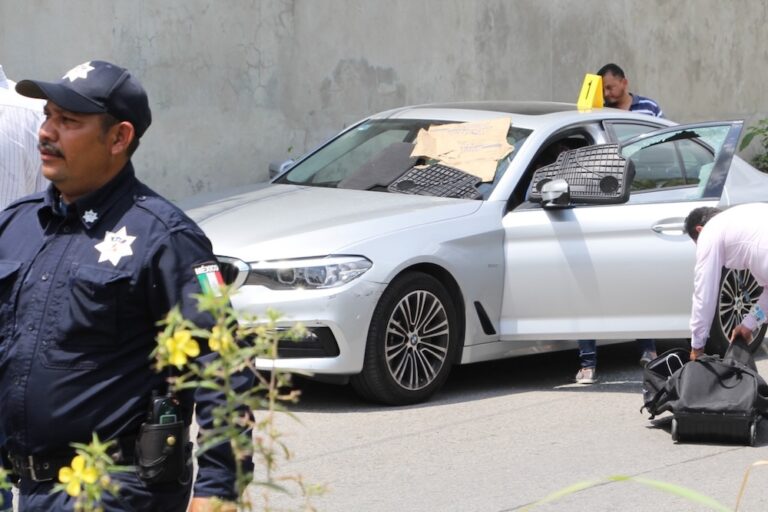ARTICLE 19 is concerned over the contradictory information around the murder of Mexican journalist Abel López Aguilar and the fact that a link to his profession has been discounted so early in the investigation.
(ARTICLE 19/IFEX) – 16 October 2012 – Photojournalist Abel López Aguilar, director of the online media outlet Tjuana Informativo, was killed in the early morning of 15 October 2012 in Tijuana, Baja California, with a firearm. Only a few hours after he was killed, the state attorney general ruled out a link between López Aguilar’s death and his work as a journalist and suggested his son-in-law was likely responsible for the crime.
The first account, given by the state’s public safety secretary, indicated that the journalist had been kidnapped at 5:00 a.m. on 15 October while he had been at a bar in the Zona Río area with other reporters, and that his body had been found at 6:10 a.m.
However, by the afternoon the deputy attorney for organised crime in Baja California, substantially altered the original report. The journalist’s son-in-law reportedly said that López Aguilar had been kidnapped at 3:15 a.m. while he was taking the journalist to a hospital to get treatment for a head injury he had suffered at home. According to the son-in-law, a group of unknown people in a van intercepted their vehicle and took López Aguilar to an unknown location.
The deputy attorney said that López Aguilar’s son-in-law not only waited until 6:15 a.m. to report what had happened, but that a test also found gunshot residue on him, making him the prime suspect in the murder. Tijuana municipal police said the journalist’s body was found at 4:05 a.m. while the attorney general’s office reported it was discovered at 5:50 a.m. – a difference of an hour and 45 minutes.
ARTICLE 19 is concerned about the unclear management of information on this crime and regrets that a line of investigation linked to López Aguilar’s professional work has been discounted so early in the investigation, as if the link to his son-in-law removes any other possibility for the motive for the crime.
While ARTICLE 19 cannot comment on the suspected assailant or the validity of the evidence, the state authorities have an obligation to provide clear and consistent information and to explain the contradictions in the information they have made public.
ARTICLE 19 urges that the authorities in Baja California adhere to due process, and respect the rights and dignity of victims and their families and the accused. The Inter-American Court of Human Rights has established that only once all outstanding circumstances have been clarified, can the State be said to have provided the victims and their families with justice and to have fulfilled its obligation to uncover the truth behind the crime and investigate and punish those responsible.


